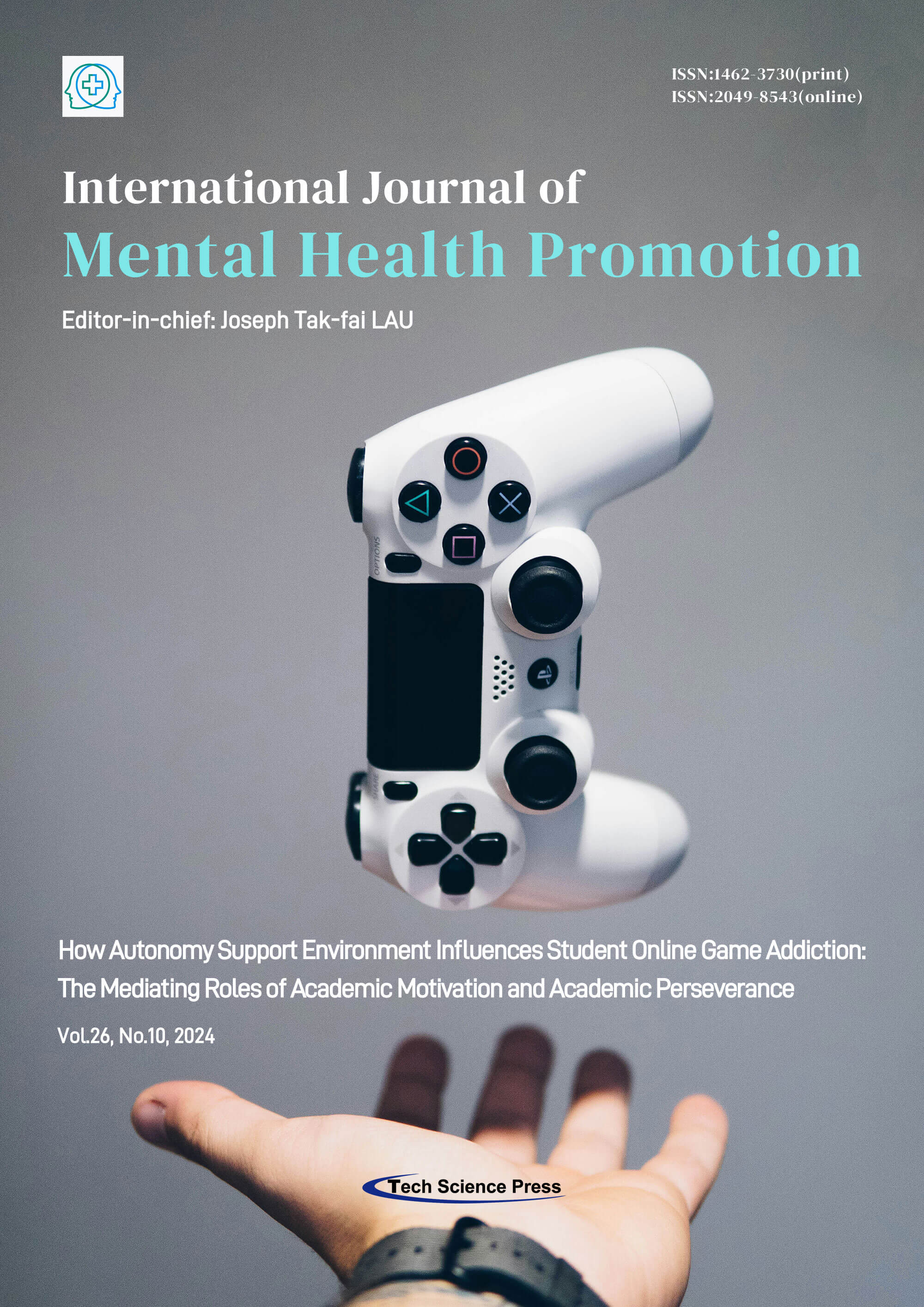
Online game addiction has become a serious global public health problem among adolescents. However, its influencing factors and mediating mechanisms remain ambiguous. The present study adopted stratified random sampling to collect 6146 junior high school student samples in mainland China. We used regression analysis, and Bootstrap mediation test through SPSS 26.0 and AMOS 24.0 to reveal the tendency of students’ online game addiction with different background characteristics and whether autonomy support from parents and teachers can effectively reduce online game addiction. The results showed that parental (β = −0.112, p < 0.001) and teacher (β = −0.225, p < 0.001) autonomy support were conducive to reducing students’ online game addiction. Academic perseverance (β = −0.080, 95% CI = [−0.103, −0.058]) and academic motivation (β = −0.073, 95% CI = [−0.095, −0.052]) partially mediated the relationship between autonomy support and online game addiction. This result provides a theoretical basis for educational interventions. It suggests that strengthening autonomy support could enhance students’ academic perseverance and motivation and further reduce online game addiction. This study utilized a cross-sectional research design, making it difficult to determine the causal relationship between autonomy support environment and online game addiction.
View this paper